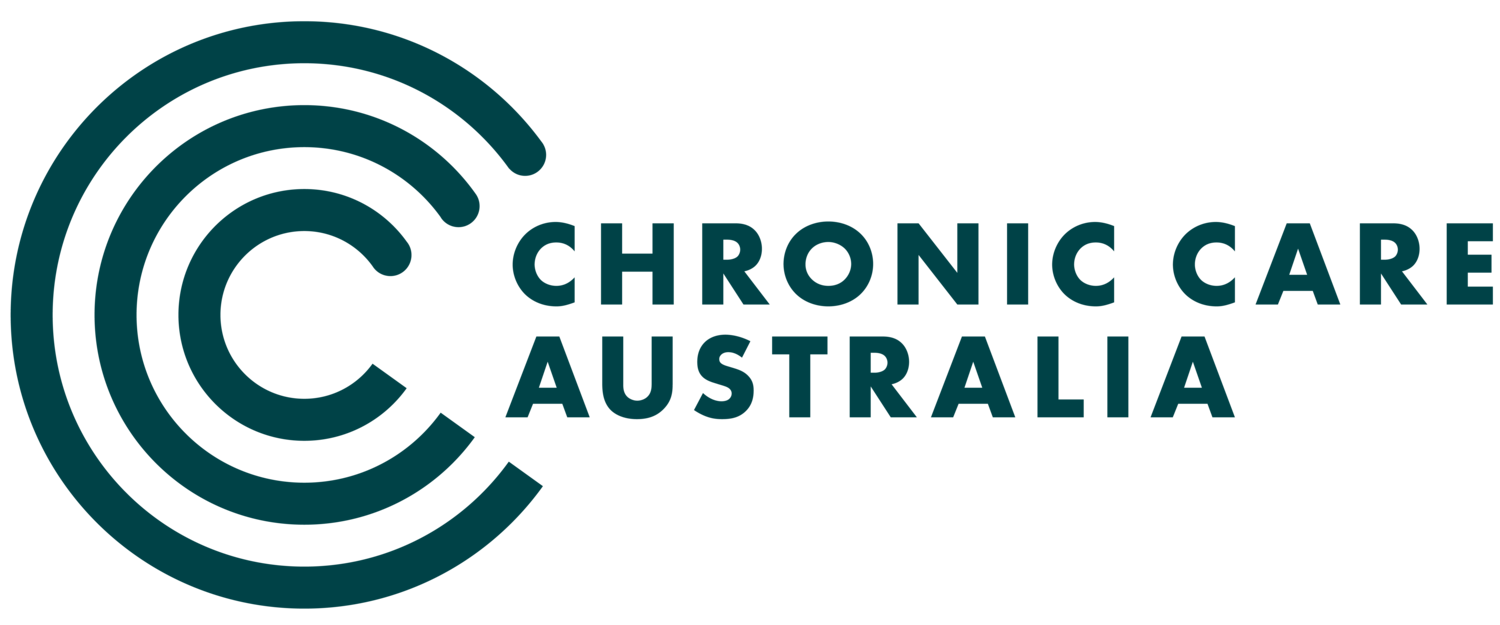Brain Health and Mental Health: Key takeaways and useful information from our recent Dare to Care event.
Brain Health & Mental Health
✚ Your brain and mental health is unique: What does quality mental/brain health look and feel like to you?
✚ Think of exercise as medicine: Medication and exercise can work together. Exercise can even generate pharmacological responses. CCA recommends seeing an exercise physiologist when you start taking new medications and getting a conservative exercise medicine plan in place.
✚ Six Pillars of Brain Health: Be social, engage your brain, manage stress, ongoing exercise, restorative sleep, eat right.
✚ Book in for a Brain Health Check with Your GP: To find out more, click here. CogDrisk utilises the latest evidence to assess your dementia risk, providing a personalised report for discussion with your doctor.
✚ Mini-Mental State Examination: Click here to access the MMSE calculator for a screening assesment of cognitive decline, including dementia due to Alzheimer’s disease and subcortical brain impairment.
✚ Monitor, Take Action, Report & Manage Your Health Closely: Build a network of healthcare professionals around you. From GPs and specialists to exercise therapists, pharmacists and nutritionists, working with a multidisciplinary team that understands the “whole of you” will provide comprehensive support and guidance through the ebbs and flows of life. Regularly check in with your team and address any symptoms you might be experiencing.
✚ Your Healthcare Toolbox: CCA’s toolbox includes mindfulness practices to ensure you receive authentic support, care and guidance as we partner with you to realise the very best mental and physical outcomes. Click the link below to open it.
✚ Daily Resilience Screening: Incorporating daily resilience screening practices helps identify stressors and develop coping strategies. Keep a journal or use the forms available in CCA’s Mindful Cognitive Movement Therapy Diary.
✚ Utilise PROMs: Patient-reported outcome measures (PROMs) provide valuable insights into individual experiences and treatment effectiveness. Integrating PROMs into healthcare assessments enhances personalised care and outcomes.
✚ Sleep Apnea Screening: Sleep apnea can significantly impact mental and brain health. Getting tested for sleep apnea allows for early detection and intervention, improving overall wellbeing and cognitive function.
✚ Nutritional Psychiatry & the Gut-Brain Axis: Nutrition plays a profound role in mental and brain health. The Food & Mood Centre at Deakin University is a wonderful resource.
✚ CCA’s Book Club: Our team recommends reading Brain Maker: The Power of Gut Microbes to Heal and Protect Your Brain for Life by Dr David Perlmutter with Kristin Loberg.
✚ Speak with your GP and Pharmacist. Supplements (e.g. Vitamin D3, Ginko biloba, fish oil, melatonin, theanine, probiotics, magnesium threonate, brahmi, ziziphus and passionflower) can provide complementary approaches, along with prescriptive medications alongside well prescribed Exercise Medicine. Pharmacist Jason Chew at Mosman Park Drive-In Chemist would be pleased to speak further with anyone privately and can compound individual doses. Phone: 9384 0219 or email: dispensary@mosmandriveinchemist.com

